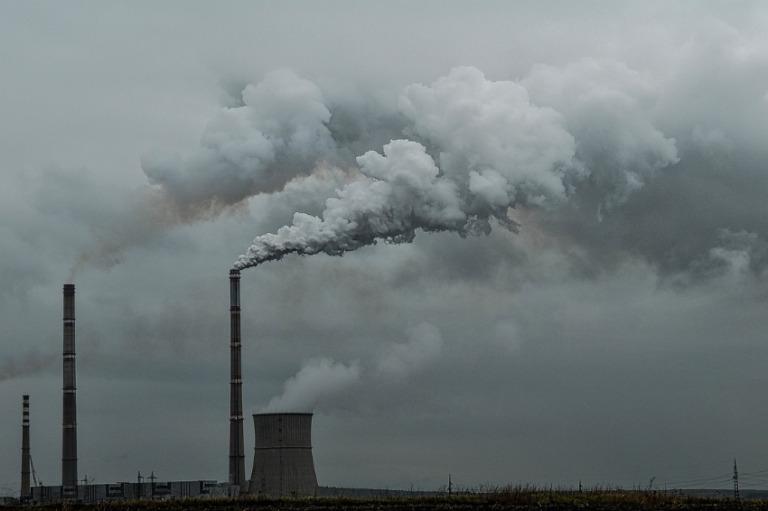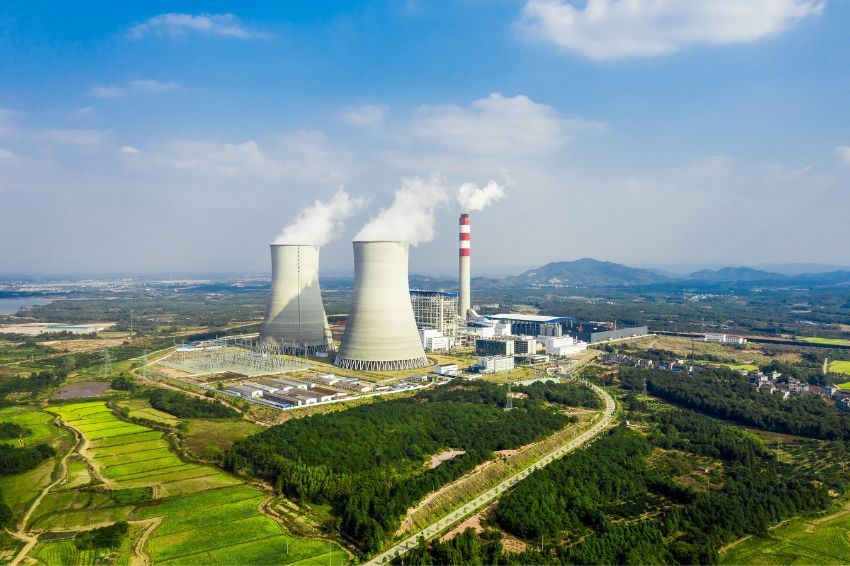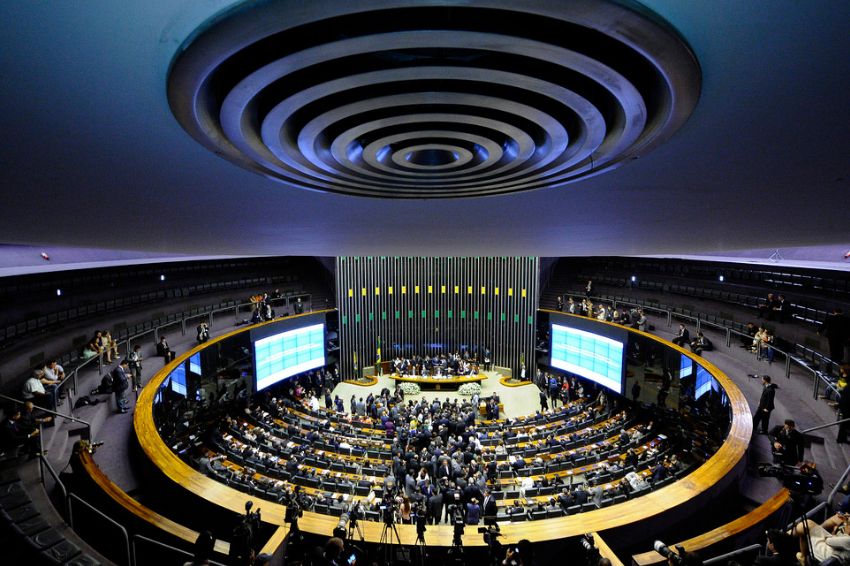Brazil will need to achieve negative CO2 emissions around 2035-2040 to achieve Greenhouse Gas (GHG) neutrality by 2050, that is, a decade before the country reaches climate neutrality. In the three scenarios observed, CO2 emissions are negative at around 500 million tons, measuring the size of the challenge.
This is the conclusion of the report Carbon Neutrality by 2050: Scenarios for an efficient transition in Brazil, prepared in cooperation between CEBRI (Brazilian Center for International Relations), IDB (Inter-American Development Bank), EPE (Energy Research Company) and Cenergia LAB (Center for Energy and Environmental Economy).
Another relevant conclusion, given the need to have negative emissions in 2040, is that in the absence of elimination of emissions from deforestation and land use change, the energy sector will need to partially compensate for emissions from these sources and at the same time deal with the remaining GHG emissions from sectors that are difficult to abate emissions, such as long-distance freight transport and carbon-intensive industrial processes, making the energy transition even more costly and, therefore, a factor in the loss of competitiveness
“If the country is unable to eliminate illegal deforestation by 2028, there is an impossibility of technical and realistic feasibility for GHG emissions to be zeroed in 2050, even considering application at the end of the horizon of technologies that are not yet mature today” , the study finds.
In this context of continued deforestation, so that the country can fulfill its ambition presented during the Glasgow COP of carbon neutrality in 2050, positive emissions would have to be offset through the acquisition of carbon credits, generating an additional cost of US$ 3.4 billion (assuming a carbon price of US$ 350/tCO2 eq).
The report presents three distinct scenarios that converge towards net zero GHG emissions in the country by 2050, entitled: (i) Brazilian Transition (TB); (ii) Alternative Transition (TA) and (iii) Global Transition.
TB scenario: shaped based on the commitments made by the country in its Nationally Determined Contribution (NDC).
TA Scenario: the aim is to test an alternative technological trajectory to achieve neutrality in Brazil in 2050, considering the impacts of climate change itself on the energy sector
TG Scenario: we seek to highlight Brazil's contribution in a world that intends to limit the average increase in global surface temperature to up to 1.5°C in 2100, relative to pre-industrial levels.
The study highlights that in 2020, Brazil emitted 2.16 billion tons of CO2 equivalent (tCO2eq), ranking among the main annual global emitters. However, in per capita terms, Brazil is considered a country with low emissions intensity, with each Brazilian emitting, on average, 1.9 tCO2eq. This represents about 1/7 of the emissions of a North American and 1/3 of a European or Chinese citizen.
The particularity of Brazil is that the country's GHG generation is not strongly related to energy generation, but rather to changes in land use (deforestation) and agriculture, which, together, represent 73% of total emissions in the country. While in the world, the energy sector is responsible for 76% of GHG emissions, in Brazil the energy matrix corresponds to 18% of the country's gross GHG emissions in 2021.


















One Response
Given the current scenario in Latin America, my prospects are the worst possible.